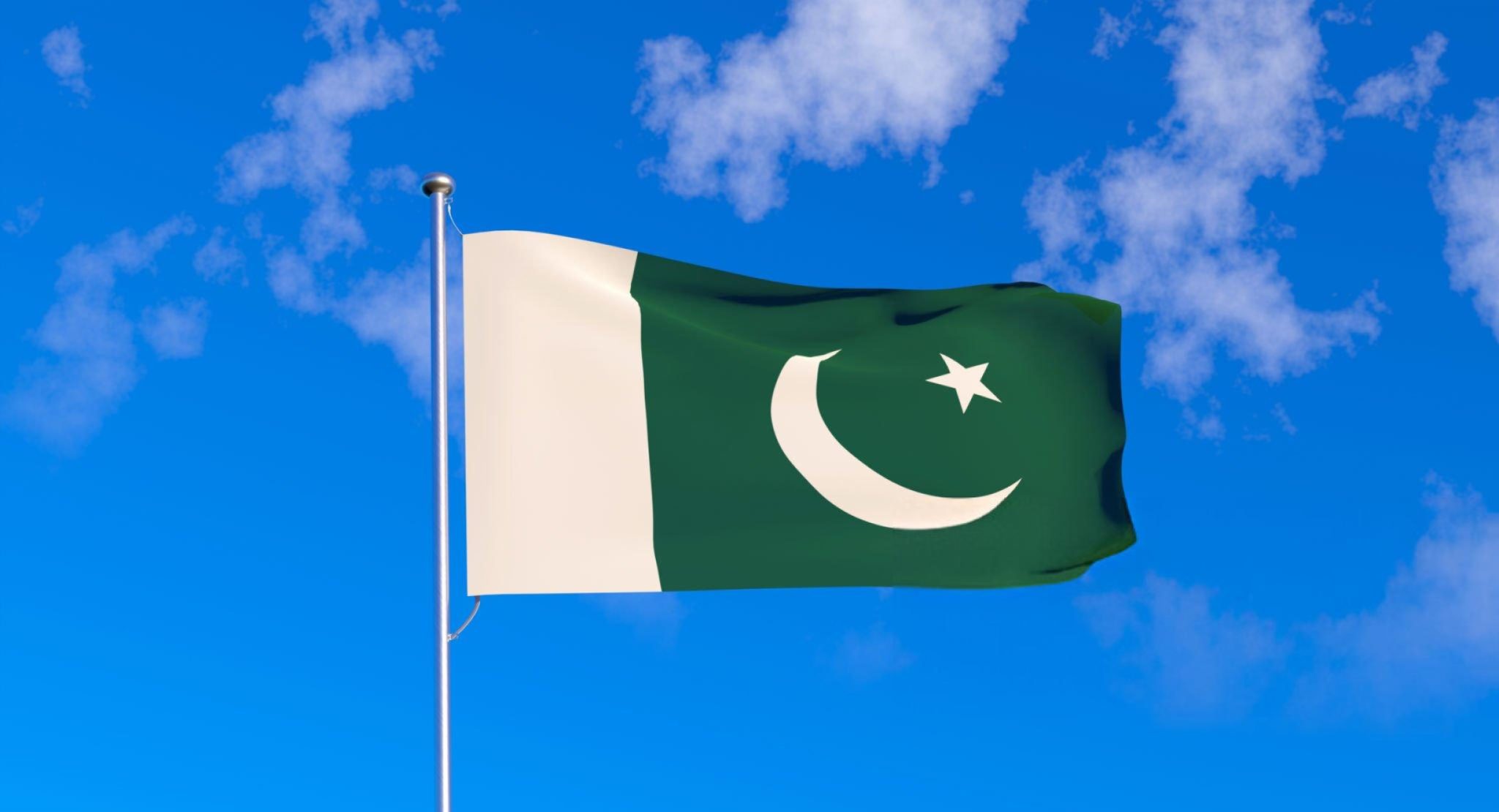The European Union Aviation Safety Agency (EASA) and the European Commission have lifted the ban on Pakistan International Airlines (PIA), allowing the country’s national flag carrier to resume flights to Europe. The announcement, made on Friday by Aviation Minister Khawaja Asif, marks a significant milestone for Pakistan’s aviation sector.
Background of the ban
The ban was initially imposed in 2020 following a tragic PIA air crash in Karachi, which claimed nearly 100 lives. Subsequent revelations by then Aviation Minister Ghulam Sarwar Khan, questioning the authenticity of a significant number of Pakistani pilots’ licences, led to international concerns over aviation safety in the country. These remarks prompted the European aviation authorities to ban PIA from operating on key European and UK routes, severely impacting the airline’s operations and revenue.
A “momentous day” for Pakistan
In a statement posted on X (formerly Twitter), Khawaja Asif described the lifting of the ban as a “momentous day” for Pakistan.
“The European Commission and EASA have lifted the suspension on PIA flights to Europe. This is a huge success for Pakistan, achieved through our unwavering focus on strengthening aviation safety oversight,” he said.
The minister highlighted that the government has implemented substantial reforms within the Pakistan Civil Aviation Authority (PCAA) to align its safety standards with the requirements of the International Civil Aviation Organisation (ICAO).
Reforms leading to success
Key measures taken by the government to address safety concerns included:
- Legislative Overhaul: The enactment of the PCAA Act to enhance regulatory oversight and ensure compliance with international standards.
- Structural Reforms: The separation of regulatory and service provision roles within the aviation sector.
- Leadership and Training: Appointment of experienced aviation professionals and extensive training to build capacity within the sector.
Khawaja Asif expressed gratitude to the European Commission and EASA for conducting a transparent review process, enabling Pakistan to demonstrate its commitment to aviation safety.
“This achievement underscores our determination to restore confidence in Pakistan’s aviation sector and meet global safety standards,” he added.
Implications for PIA
The lifting of the ban is expected to be a lifeline for PIA, which has faced financial difficulties in recent years. With Europe being one of its most lucrative markets, the restoration of these routes is seen as a critical step in revitalising the airline’s fortunes.
The government has also been working towards privatising PIA, and this development could enhance its appeal to potential investors by improving its operational viability.
International response
The decision has been widely welcomed in Pakistan, with industry experts and stakeholders viewing it as an opportunity to rebuild the country’s aviation reputation. However, challenges remain for PIA as it seeks to regain passenger trust and compete effectively in a highly competitive international market.
Controversy and Criticism
The initial ban and subsequent international scrutiny stemmed from Ghulam Sarwar Khan’s controversial remarks, which cast doubt on the legitimacy of numerous pilot licences in Pakistan. These statements not only led to the grounding of PIA flights but also tarnished Pakistan’s image on the global aviation stage.
While the lifting of the ban is a significant step forward, some critics argue that rebuilding the airline’s reputation and ensuring long-term compliance with international standards will require sustained effort.
Looking ahead
The restoration of PIA’s access to European skies is expected to bring immediate economic benefits and strengthen Pakistan’s connectivity with the global market. The government has pledged continued efforts to prioritise aviation safety and improve the sector’s overall performance.
For PIA, the road ahead includes rebuilding trust, modernising its fleet, and improving customer service to regain its position as a competitive international carrier. With Europe back on its route map, the airline has a chance to reclaim its place in the global aviation market.
This decision marks a fresh chapter for PIA and Pakistan’s aviation sector, reflecting the country’s commitment to meeting international standards and ensuring passenger safety.







